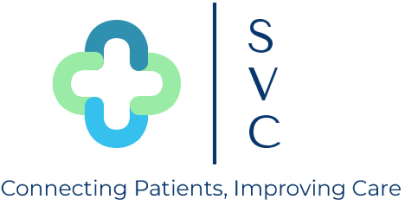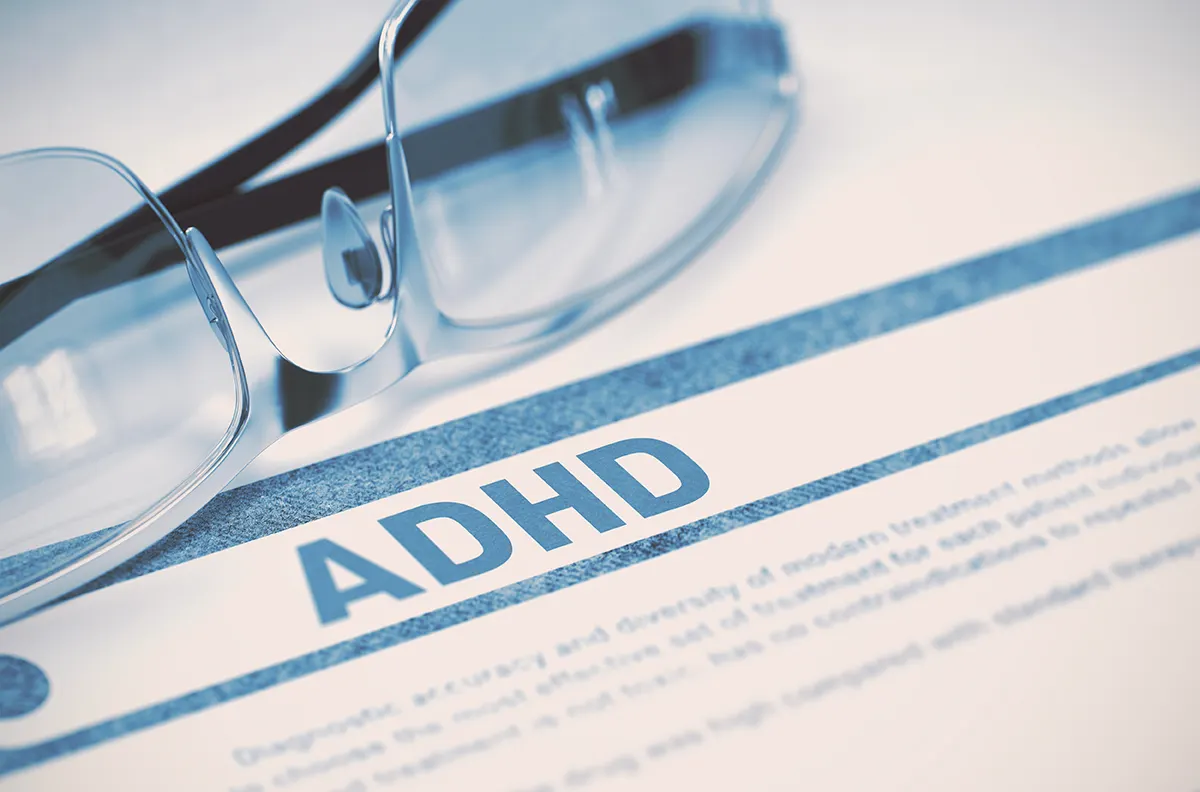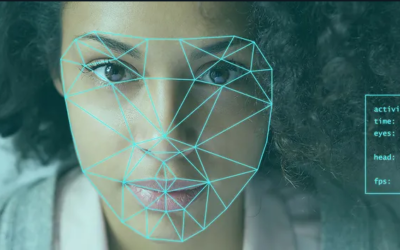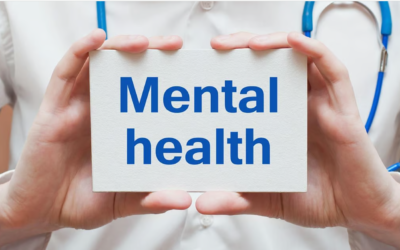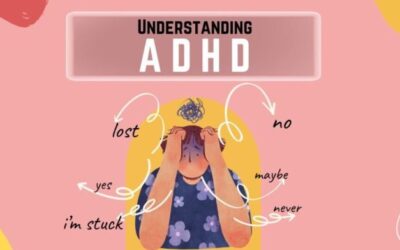Adult attention-deficit/hyperactivity disorder (ADHD) is a mental health disorder that includes a combination of persistent problems, such as difficulty paying attention, hyperactivity and impulsive behavior. Adult ADHD can lead to unstable relationships, poor work or school performance, low self-esteem, and other problems.
Though it’s called adult ADHD, symptoms start in early childhood and continue into adulthood. In some cases, ADHD is not recognized or diagnosed until the person is an adult. Adult ADHD symptoms may not be as clear as ADHD symptoms in children. In adults, hyperactivity may decrease, but struggles with impulsiveness, restlessness and difficulty paying attention may continue.
Treatment for adult ADHD is similar to treatment for childhood ADHD. Adult ADHD treatment includes medications, psychological counseling (psychotherapy) and treatment for any mental health conditions that occur along with ADHD.
What are the symptoms of ADHD in adults?
Adult ADHD symptoms may include:
- Impulsiveness
- Disorganization and problems prioritizing
- Poor time management skills
- Problems focusing on a task
- Trouble multitasking
- Excessive activity or restlessness
- Poor planning
- Low frustration tolerance
- Frequent mood swings
- Problems following through and completing tasks
- Hot temper
- Trouble coping with stress
Diagnosing ADHD is done by a medical professional. They usually use a checklist to rate symptoms in a patients behavior and history. Also examing questions from before the age of 12. A psychological exam may also be used to rule out other health matters that present with ADHD symptoms. The physcian may also order a computerized assessment tool used to aid in the diagnosis.
How is ADHD diagnosed and treated?
The right treatment can help you manage your ADHD. Medications and therapy may be recommended. Treatment is different for everyone. Effective treatment requires close monitoring, follow-ups and making lifestyle changes.
What’s typical behavior vs behavior for ADHD?
Almost everyone has some symptoms similar to ADHD at some point in their lives. If your difficulties are recent or occurred only occasionally in the past, you probably don’t have ADHD. ADHD is diagnosed only when symptoms are severe enough to cause ongoing problems in more than one area of your life. These persistent and disruptive symptoms can be traced back to early childhood.
Diagnosis of ADHD in adults can be difficult because certain ADHD symptoms are similar to those caused by other conditions, such as anxiety or mood disorders. And many adults with ADHD also have at least one other mental health condition, such as depression or anxiety.
When to see a doctor
If any of the symptoms listed above continually disrupt your life, talk to your doctor about whether you might have ADHD. Different types of health care professionals may diagnose and supervise treatment for ADHD. Seek a provider who has training and experience in caring for adults with ADHD.
Schedule an Appointment
SOURCES:
–https://www.cdc.gov/adhd/
https://www.mayoclinic.org/
Disclaimer: Most SpecialistVirtuCare articles are reviewed by licensed M.D.s. Visit mysvcare.com to learn more and meet the experts. The SpecialistVirtuCare blog and any linked materials are for informational purposes only and should not be considered medical advice. This content is not a substitute for professional medical expertise or treatment.
